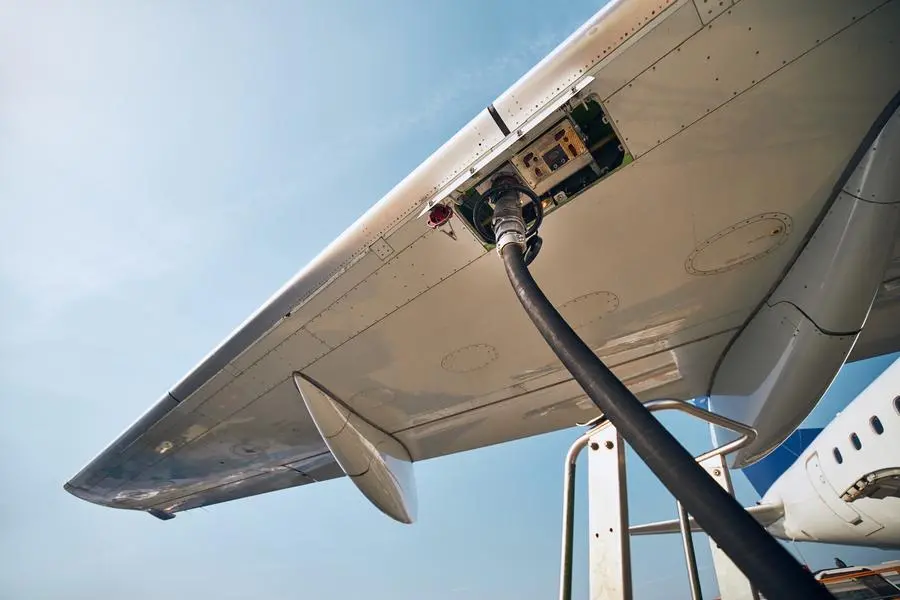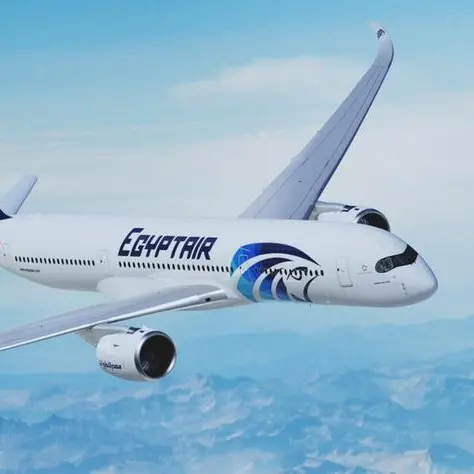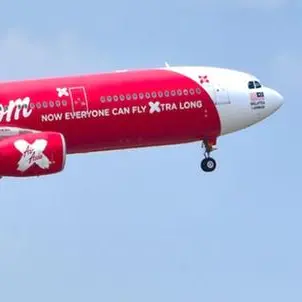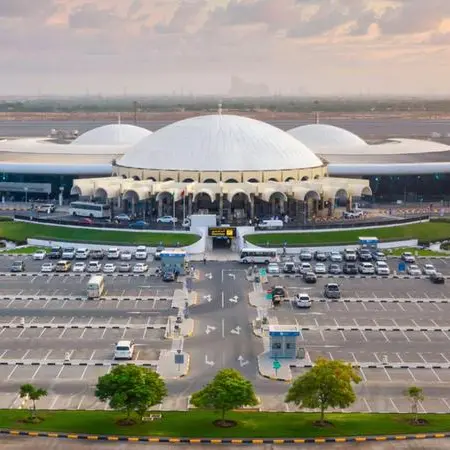PHOTO
High costs of aviation fuel mainly contributed to Nigeria’s inflation rate rising to a 17-year high of 19.64% in July 2022, according to Lagos Chamber of Commerce and Industry’s (LCCI) top official.
Input prices for manufacturers rose due to an increase in diesel, coupled with the country’s electricity crisis worsening alongside a bumpy road to renewable energy deployment, Director-General Chinyere Almona told the News Agency of Nigeria.
“It is obvious that the government’s intervention so far has not impacted the inflationary pressures that keep rising till now,” she said, adding that the rising tide of inflation rate may continue into the end of the year without concrete and quick steps to intervene.
Almona urged the government to deploy a good mix of fiscal and monetary policies to tackle the core drivers of the inflation scourge in the country.
She called for targeted financing for critical sectors, including agriculture, food processing, aviation fuels, transport, as well as foreign exchange availability for manufacturing inputs.
According to the National Bureau of Statistics, food inflation rose to its highest level in 14 months, reaching 22.02% in July, up 1.42 percentage points month-on-month.
Nigeria’s inflation was probably not far from its peak but would remain elevated, Reuters reported, citing Capital Economics analysts.
They predicted another interest rate increase at the central bank’s next policy meeting in September.
(Editing by Seban Scaria seban.scaria@lseg.com )





















